- myFICO® Forums
- Types of Credit
- Credit Cards
- Why are the grace periods different for interest?
- Subscribe to RSS Feed
- Mark Topic as New
- Mark Topic as Read
- Float this Topic for Current User
- Bookmark
- Subscribe
- Mute
- Printer Friendly Page
Why are the grace periods different for interest?
Is your credit card giving you the perks you want?
Browse credit cards from a variety of issuers to see if there's a better card for you.
- « Previous
-
- 1
- 2
- Next »
- Mark as New
- Bookmark
- Subscribe
- Mute
- Subscribe to RSS Feed
- Permalink
- Report Inappropriate Content
Re: Why are the grace periods different for interest?
@FicoMike0 wrote:It appears that a credit card need not have a grace period, but if they do, it must be at least 21 days.
I just looked at my Capone account. The grace period is always 25 days, and the due date is always the fourth. The statement date moves with the number of days in the month so the fourth is always 25 days after the previous statement date.
It's possible that the sync Amazon account has a 31 day Grace period, making the due date the statement date, or the day after. That would account for the op thinking the due date was the next statement date.
Credit cards have to have a 21 day grace period by law but the bank can give you more if that's their policy, and many do.
Some get around it by saying it's not really a credit card, everything you put on it is a "personal loan" and interest starts that day.
Always understand what you're agreeing to. I doubt the CFPB is going to do anything about this situation for a while.
- Mark as New
- Bookmark
- Subscribe
- Mute
- Subscribe to RSS Feed
- Permalink
- Report Inappropriate Content
Re: Why are the grace periods different for interest?
@IsambardPrince wrote:
@FicoMike0 wrote:It appears that a credit card need not have a grace period, but if they do, it must be at least 21 days.
I just looked at my Capone account. The grace period is always 25 days, and the due date is always the fourth. The statement date moves with the number of days in the month so the fourth is always 25 days after the previous statement date.
It's possible that the sync Amazon account has a 31 day Grace period, making the due date the statement date, or the day after. That would account for the op thinking the due date was the next statement date.
Credit cards have to have a 21 day grace period by law but the bank can give you more if that's their policy, and many do.
I don't think that is the case. As @FicoMike0 says, they don't have to have a grace period. IF they do, it has to be a minimum of 21 days.
From CFPB:https://www.consumerfinance.gov/ask-cfpb/what-is-a-grace-period-for-a-credit-card-en-47/
A grace period is the period between the end of a billing cycle and the date your payment is due.
During this time, you may not be charged interest as long as you pay your balance in full by the due date. Credit card companies are not required to give a grace period. However, most credit cards provide a grace period on purchases.
- Mark as New
- Bookmark
- Subscribe
- Mute
- Subscribe to RSS Feed
- Permalink
- Report Inappropriate Content
Re: Why are the grace periods different for interest?
@Snook_on_the_Line wrote:By paying your minimum payment before the due date you have satisfied the minimum requirement for your account to be in good standing. Hence no late fee
but that remaining balance revolved into part of the next month so they are correct by charging you interest
As to why synchrony didn't charge you any interest I'm not sure. The amount of interest may have been so small that it just rounded down to zero.
^^^^ This.
You paid the minimums? Good for you. You did the minimum required. Literally. So no late fee or 30-day on your reports.
You still didn't pay off your entire balance by that date however, so you get charged interest on whatever balance you have on your card past the due date which remains from the balance at your last statement.
This is... how credit cards work. If that's not ok for you, then you should close yours and stop using them.
As I said previously, Synchrony was just being nice. You can't expect other issuers to do favors for you as well when you don't abide by the terms and conditions given to you when you signed up for the card.
Or hey, keep it up 👍 The interest you're paying by not paying-in-full by the due date is funding the credit card rewards for the rest of us 😜
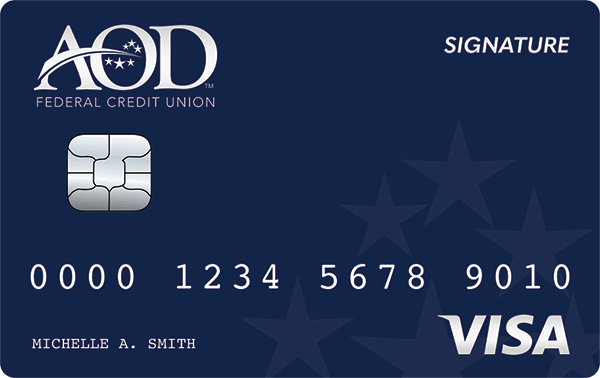



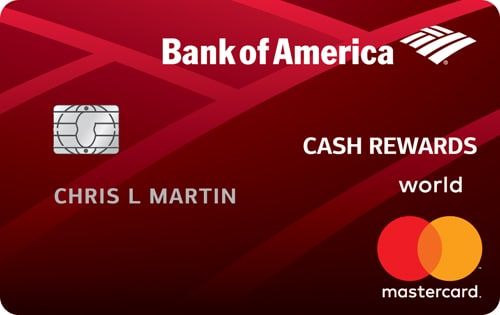




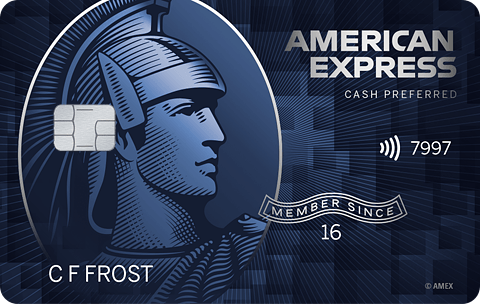
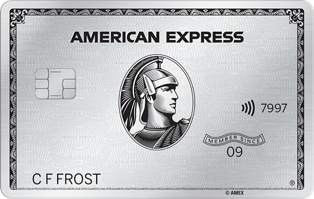 Authorized User -
Authorized User - 
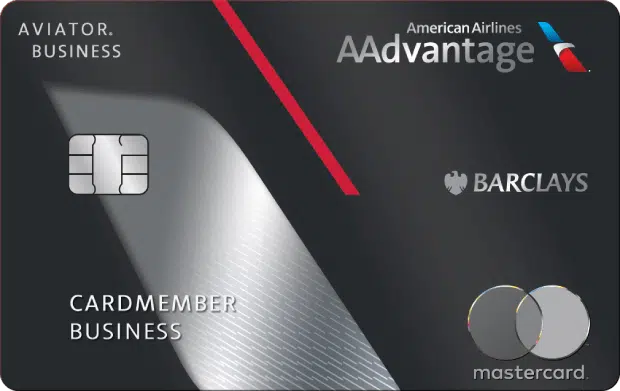
Biz -



 Sock Drawer'd -
Sock Drawer'd - 
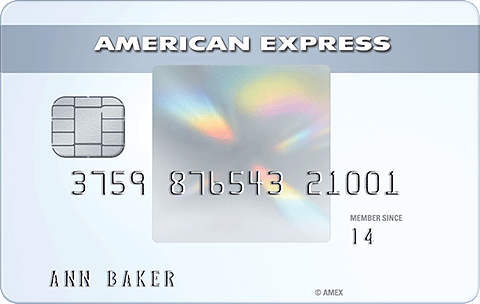
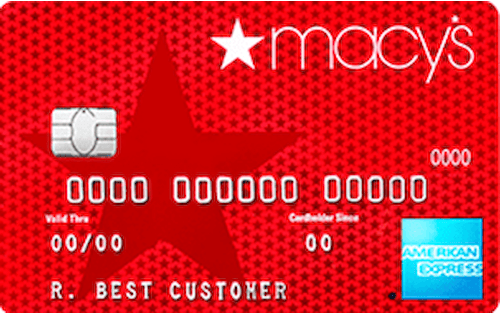




- Mark as New
- Bookmark
- Subscribe
- Mute
- Subscribe to RSS Feed
- Permalink
- Report Inappropriate Content
Re: Why are the grace periods different for interest?
I think the lesson learned is always pay by the due date or expect interest. I was upset last summer because I had a $78 statement with a $9000 balance on my Navy Federal Flagship and missed the payment due date (my bad) to pay the $78 statement balance in full. They sent me a reminder that I was late. I paid the full $9000 (ie the statement balance plus the amount I had charged that month) immediately before the statement generated because I feared I would be billed interest on not only the $78 statement but the $9000 I had charged over the month. I was surprised and pleased that they neither charged me a late fee nor interest when my statement generated with a zero balance, but I know that was their generosity and not an obligation to waive those interest charges and late fees.
- Mark as New
- Bookmark
- Subscribe
- Mute
- Subscribe to RSS Feed
- Permalink
- Report Inappropriate Content
Re: Why are the grace periods different for interest?
@IcyCool7227 wrote:On November 19, I was charged $10.54 in interest charges on my Mercury Rewards Visa card (issued by First Bank & Trust.) Even though I paid the statement balance before the card statement cut I was still charged interest. A supervisor told me that it can't be waived and if I don't pay the statement balance on the due date that I am charged interest. But it doesn't work like that with the Amazon Prime Store Card from Synchrony though. I paid off the statement balance after the due date and was not charged a penny of interest. When there was an interest charge with Synchrony they agreed to waive it.
So why doesn't the Mercury card waive interest and have a difference of when the statement balance is due?
Ultimately, @IcyCool7227, the answer is in the fine print as each agreement can be unique.
I suspect, however, that the difference is in the state of each account TWO cycles prior. If you were carrying a balance on the Mercury card previously, you would have lost your grace period. That means interest is accruing daily so if you pay off the full balance, there is still a "trailing interest" charge that hasn't posted to the account. The interest charges are normally posted when the account updates at statement cut, but as-yet-unposted trailing interest charges are still due; they just are undetermined. You can estimate the amount by taking your APR/365 to get a daily rate; then multiply that by the account balance.
I suspect that the other account with Synchrony either had no interest due (since the grace period was in effect that month) or that Synchrony agreed to waive it as a courtesy since, perhaps, you had not been carrying a significant balance for very long and the trailing interest was a nominal amount to waive. But as stated up-thread, that was a more of a courtesy that Mercury isn't required to reciprocate.






















Business Cards









Length of Credit > 40 years; Total Credit Limits >$900K
Top Lender TCL - Chase 156.4 - BofA 99.7 - AMEX 95.0 - CITI 94.5 - NFCU 80.0 - SYCH - 65.0
AoOA > 30 years (Jun 1993); AoYA (Feb 2024)
* Hover cursor over cards to see name & CL, or press & hold on mobile app.